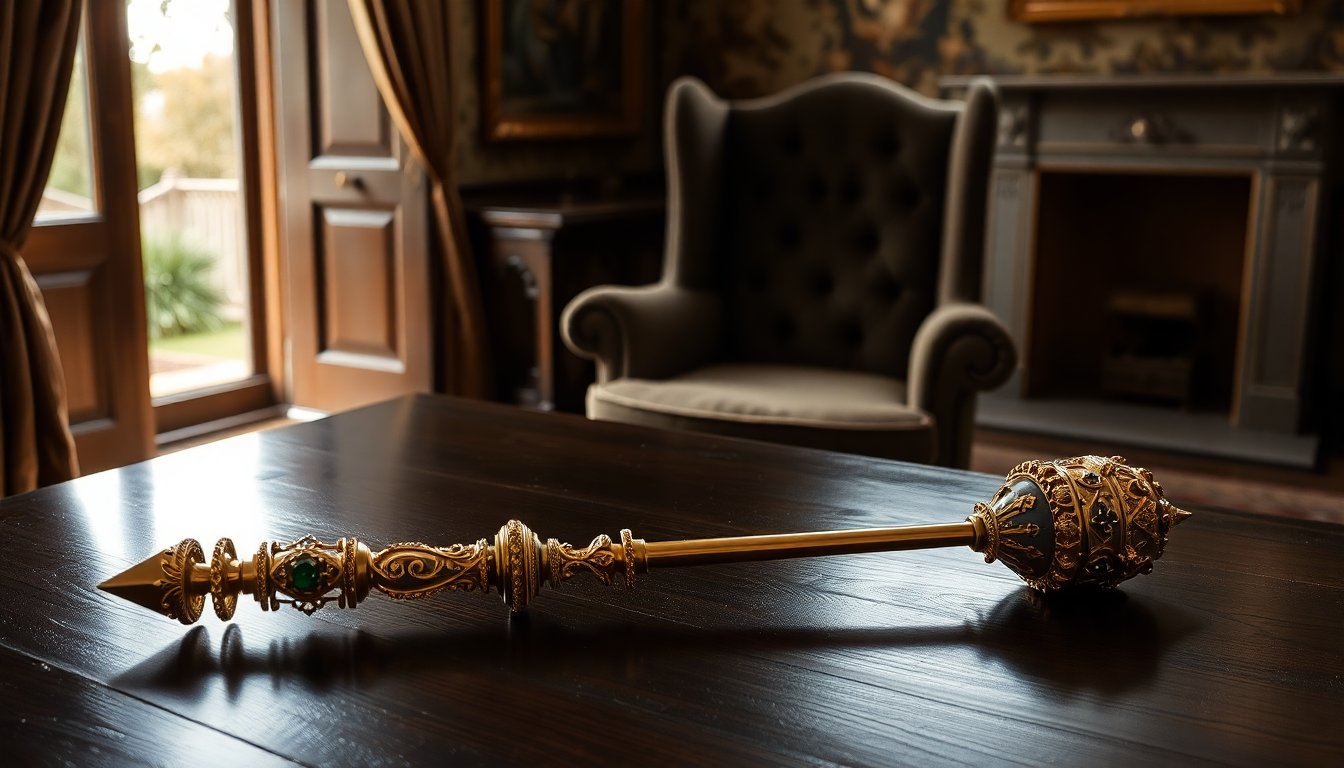Table of Contents
In a significant move, Prince Andrew has announced that he will no longer use his royal titles or honors. This decision follows a series of allegations concerning his conduct. It comes after years of controversy, particularly his infamous 2019 interview with the BBC, where he attempted to defend his ties to the late convicted sex offender Jeffrey Epstein. Following that interview, Andrew withdrew from public life and royal duties, acknowledging the damage inflicted on the monarchy’s reputation.
The situation intensified when Virginia Giuffre, who accused Andrew of sexual abuse, released excerpts from a posthumous book. This book characterized him as someone who felt entitled to exploit his status. Giuffre claimed that Andrew believed engaging in sexual relations was his birthright, a statement that has reverberated in the media and public opinion.
Consequences of royal titles and public perception
Andrew’s decision to step away from his royal titles follows a series of damaging revelations. Reports indicated he communicated with Epstein, stating, “we are in this together,” after a now-infamous photograph of him with a young Giuffre surfaced in 2011. These revelations have not only intensified public scrutiny but also led to a growing consensus within the royal family that Andrew’s presence distracts from the monarchy’s work.
In a statement from Buckingham Palace, Andrew explained that discussions with his brother, King Charles, and family members resulted in the conclusion that ongoing allegations against him detracted from royal responsibilities. He reiterated his commitment to prioritize his family and the monarchy, affirming his previous decision to withdraw from public engagements.
The implications of Andrew’s resignation
According to constitutional expert Craig Prescott from Royal Holloway, University of London, Andrew’s choice to forfeit his titles is the most straightforward resolution to his current predicament. Prescott noted that while Andrew technically retains the titles, abstaining from their use represents a significant shift in how he engages with the public. This decision indicates that one can never fully escape the royal family, yet it marks a notable step toward accountability.
As the royal family continues its outreach on sensitive issues such as domestic abuse and sexual violence, Andrew’s alleged actions starkly contrast with the efforts of other royals. For instance, Queen Camilla has actively addressed domestic violence, while Sophie, Duchess of Edinburgh, focuses on combating sexual violence in conflict zones. These discrepancies underscore the urgency for the royal family to manage their public image.
Reactions from the public and royal analysts
While Andrew’s decision to relinquish his titles was anticipated, it raised eyebrows among royal historians. Justin Vovk, an advisor at the Institute for the Study of the Crown in Canada, expressed a mix of surprise and inevitability regarding the situation. With the release of Epstein-related documents and Giuffre’s memoir, it was only a matter of time before the monarchy needed to take decisive action to maintain its integrity.
Meanwhile, Graham Smith, CEO of the anti-monarchy group Republic, criticized the notion that relinquishing titles suffices as punishment for Andrew. He emphasized the need for transparency regarding who in the royal family enabled Andrew’s behavior over the years. Smith’s statements resonate with public sentiment, which increasingly demands accountability from the institution.
Looking ahead: The royal family’s future
As Prince Andrew steps back, the royal family appears to be preparing for a new chapter. Earlier reports suggested that Andrew would not participate in the family’s Christmas celebrations, indicating a deeper estrangement from royal traditions. This development raises questions about how the monarchy will navigate the challenges posed by Andrew’s actions while pursuing its charitable missions and public engagements.
In light of such controversies, the royal family must find a way to maintain its relevance and public image. With King Charles at the helm, the focus may shift toward modernizing the monarchy and addressing contemporary issues that resonate with the public. As they work to redefine the monarchy’s role, it remains to be seen how they will manage the legacy of individuals like Prince Andrew and the lessons learned from this scandal.


